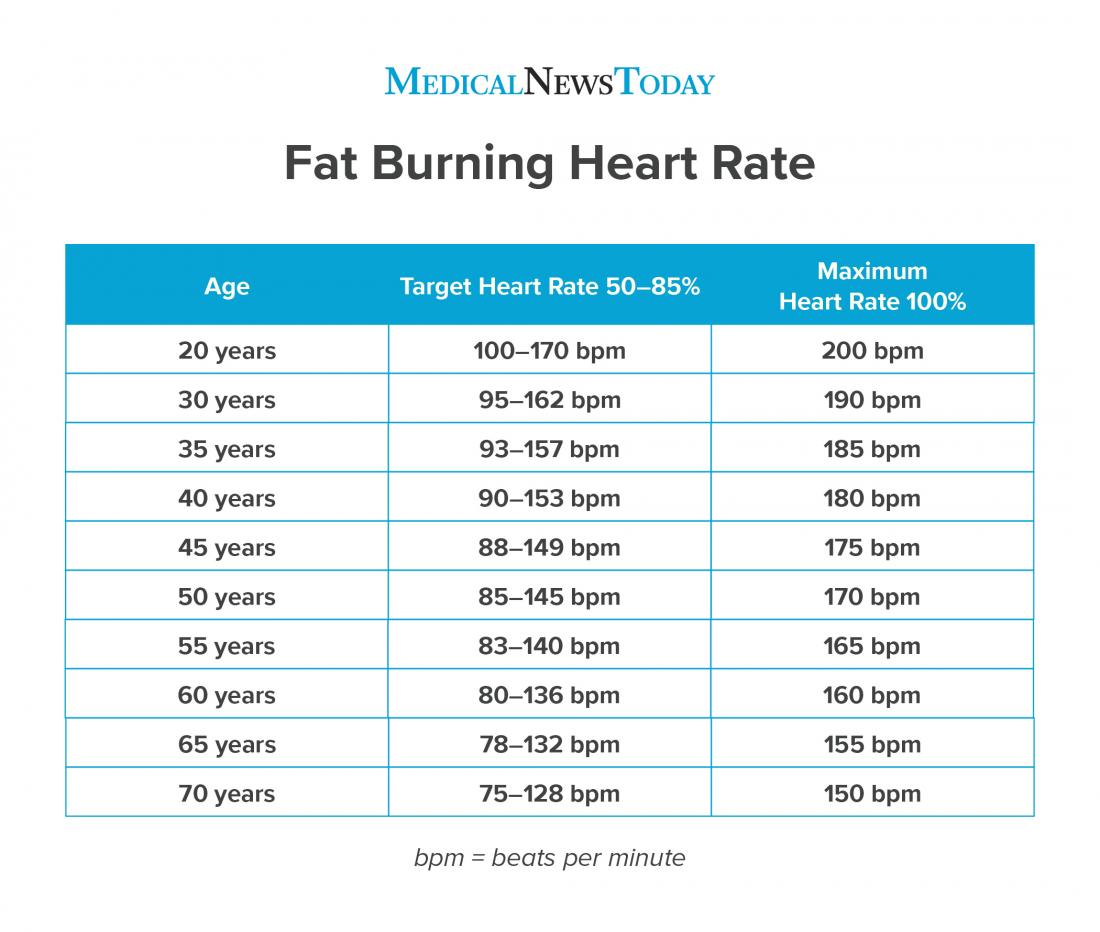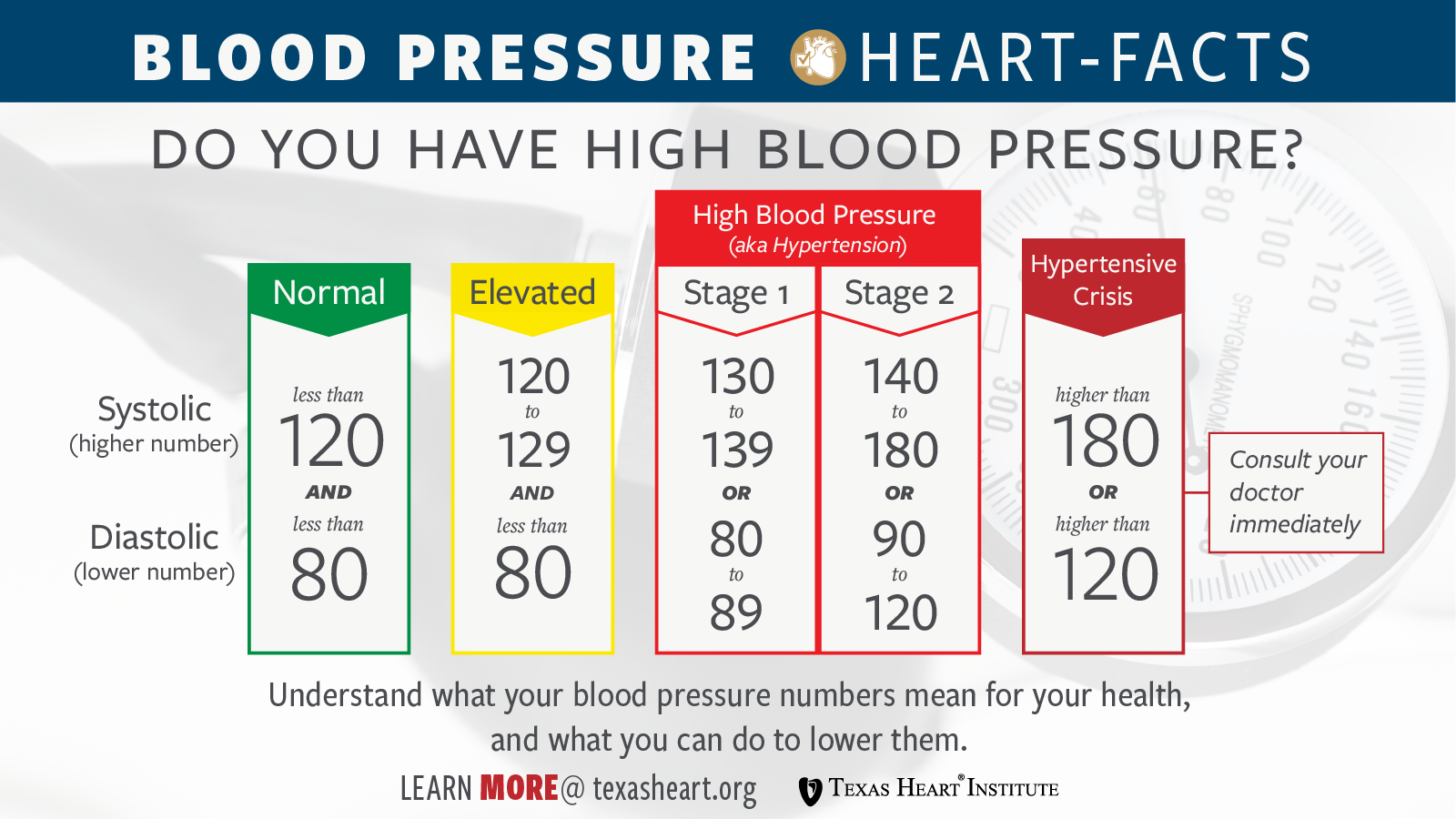If you have high blood pressure with a low pulse it means your blood is putting increased pressure on your blood vessels but your hearts beating fewer than 60 times per minute. Children have higher pulse rates than adults.
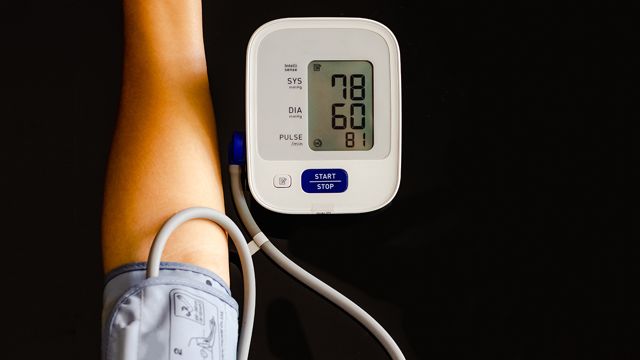 Low Blood Pressure Hypotension Signs And Symptoms
Low Blood Pressure Hypotension Signs And Symptoms
This need not be the case always and can at times signal unattended hypertension or a grave injury or untreated high blood pressure.
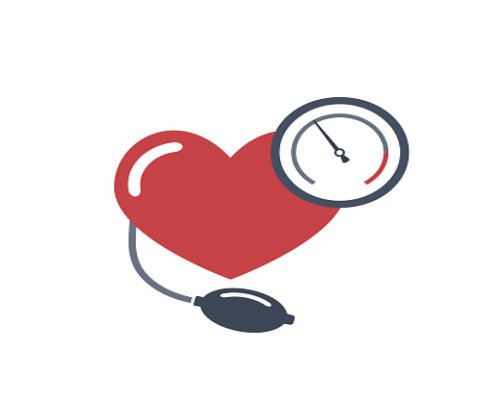
Low bp and high heart rate. Read on to. Fortunately there are many natural ways to help manage this problem including foods that lower heart rate. Blood pressure measurement is NOT the same as your heart rate pulse or maximum heart rate measurement.
If the blood pressure is particularly low the heart may struggle to deliver enough oxygen-rich blood to the organs. When the measurements are written both are written as one above or before the other with the systolic being the first number for example 12075 120 over 75. In fact some research shows that one in four American adults over age 40 may develop an irregular heartbeatalso called a heart arrhythmia.
Dehydration Lack of water in the body can become a reason behind the low blood pressure and high heart rate. In response the body might increase the heart rate to push more oxygenated. Remember that the heart rate and blood pressure.
Seek immediate medical care for a significantly slow heart rate and low blood pressure and discuss any symptoms that concern you with your healthcare provider. Certain medicines in individuals with high blood pressure can result in a low pulse rate and high blood pressure. Low blood pressure can cause high pulse rate.
Thus a chronically fast heart rate at rest is an independent risk factor for problems even if you have consistently low blood pressure readings such as 105 over 68. A high blood pressure with low pulse rate can usually occur when someone is on medication for hypertension however. Likewise we hypothesize that very low diastolic BP could result in coronary hypoperfusion of an already hypertrophied myocardium leading to worse outcomes.
The normal pulse rate in adults ranges from 60 to 100 beats per minute. Heart rate and blood pressure do not necessarily increase at the same rate. It can also cause some other medical problems as well.
They call this bradycardia. Also in certain types of arrhythmias high pulse rate can result in fall in the blood pressure. Low blood pressure and a slow heart rate can be seen with heart rhythm disorders or serious infections.
A persons pulse rate which indicates their heart rate is how many times the heart beats per minute. An irregular heartbeat such as a high heart rate is an issue for millions of Americans. The condition can as well be a precursor to heart ailments and artery related complications.
In a large study of people going for a health checkup in China those who had a high-normal resting heart rate of 80 bpm to 90 BPM had a 40 percent shorter lifespan than those with a desirable heart rate of 60 BPM to 69 BPM. Even though your heart is beating more times a minute healthy blood vessels dilate get larger to allow more blood to flow through more easily. Check what your heart rate for your age should be.
We further suggest that as the severity of AR overwhelms the LV sympathetic tone activation occurs resulting in higher resting heart rate increased myocardial oxygen consumption and further LV burden resulting in worse outcomes they continue. The faster the heart rate the shorter the lifespan True. Solutions low blood pressure 90s.
A pulse below 60 is considered low. A normal pulse rate is a range of values which depends to a large extent on age. A rising heart rate does not cause your blood pressure to increase at the same rate.
Drug overdoses or abuse can sometimes cause these symptoms. High pulse rate refers to pulse greater than 100 per minute and is also referred to as tachycardia. Blood pressure is the measure of the force of blood inside the blood vessels.
WebMD Symptom Checker helps you find the most common medical conditions indicated by the symptoms low blood pressure and rapid heart rate pulse including Low blood pressure. Rarely an increase in intracranial. Loss of Blood Loss of blood through an injury or external bleeding can cause an immediate drop in the blood pressure and a high heart rate.
Doctors usually consider a low pulse as less than 60 beats per minute.




:no_upscale()/cdn.vox-cdn.com/uploads/chorus_asset/file/6492925/diet_TOTAL_EXPENDITURE_CHART.0.jpg)






/Home%20Based%20HIIT%20(High%20intensity%20interval%20training).jpg?width=900&name=Home%20Based%20HIIT%20(High%20intensity%20interval%20training).jpg)






